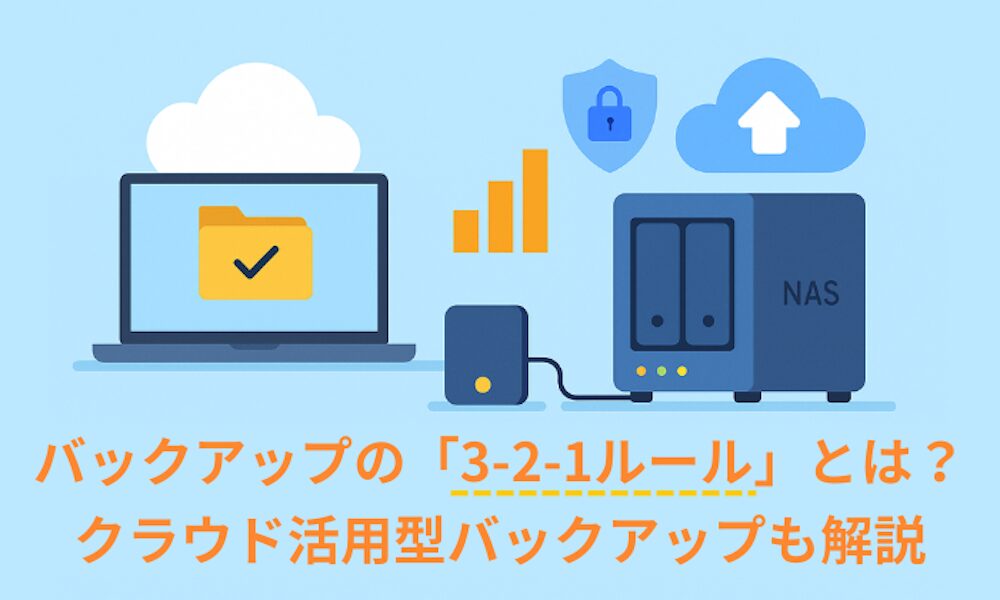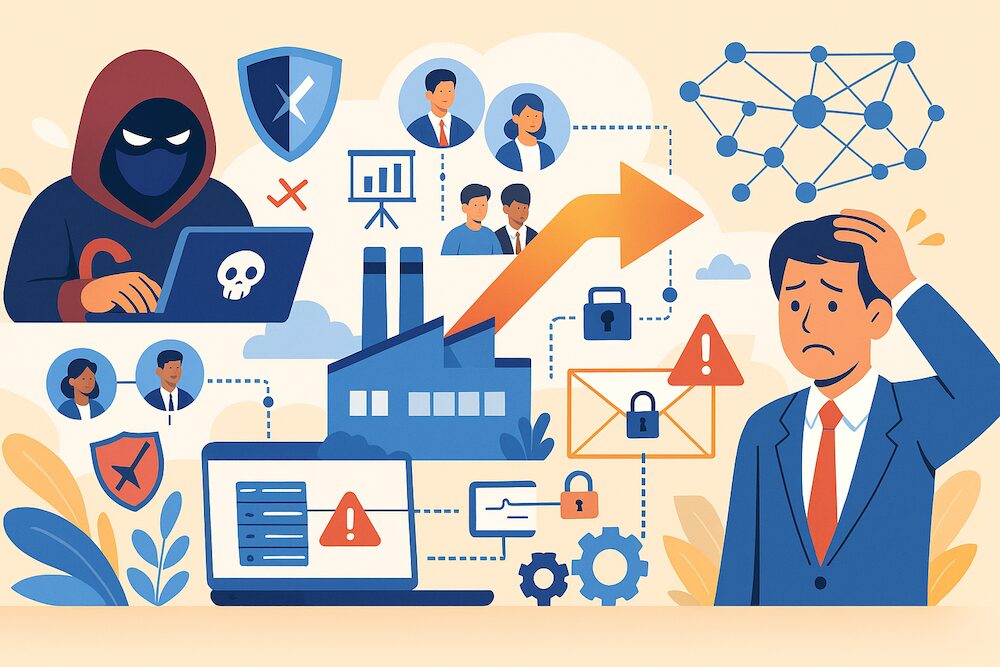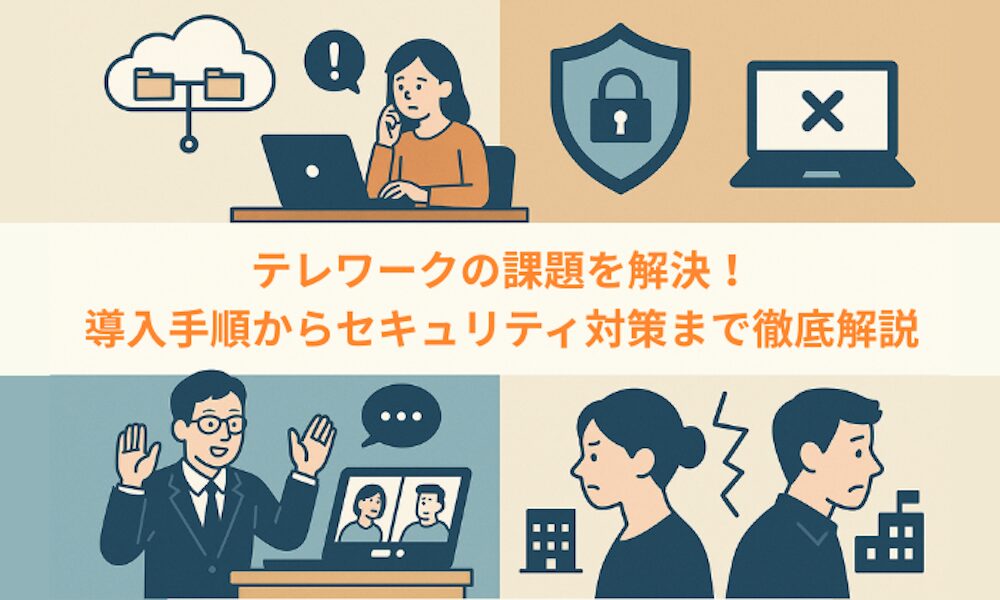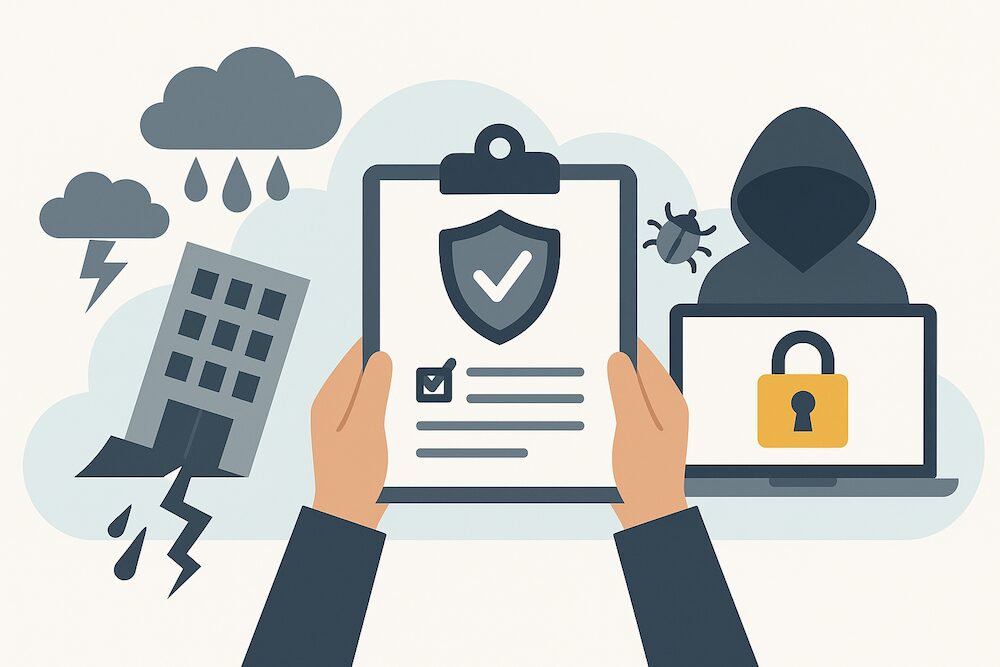In the past, ransomware attacks mostly targeted individuals and companies in general. However, attacks have recently targeted medical institutions in increasing numbers.
Cyber attacks against medical institutions are increasing, but why?
Recently, ransomware attackers have been changing their strategies. After initially focusing on individuals, they shifted their focus to companies because of potentially larger ransom amounts. Of those companies, medical institutions have become a target of choice. The data involved contains vital information for effective healthcare, such as patient medical history, medications, etc. Due to the importance of this data and the urgency of its need, ransoms are more likely to be paid.
To make it worse, attackers are now taking advantage of the stress and confusion in the medical field caused by the Novel Coronavirus. In fact, there have been a number of cases overseas where hospitals struggling with the increased burden of Novel Coronavirus care were infected with ransomware and were forced to pay to regain access to data.
Increasing ransom costs and decreasing chances of total data recovery
Depending on the size of the medical institution, the ransom is often around a few million yen to 20,000,000 yen. There have been cases where more than 100,000,000 yen was required.
Also, there is a possibility that even if the ransom is paid, there is no guarantee that the data can be recovered completely. Based on previous attacks, there is only a 50% chance of complete data recovery.
Necessary protective measures for medical institutions
The first and most important step to combat ransomware is employee awareness of cybersecurity.
The chance of ransomware infection can be reduced by strictly following the following basic rules:
・Do not open suspicious email attachments and links.
・Check and confirm the address of each email.
・Do not use a simple password.
Regular seminars and training for employees is also important.
Be fully prepared with cloud backup
Of course, no matter how many precautions are taken, it is not possible to reduce the risk of ransomware infection to zero.
Therefore, regular backups are strongly recommended. By backing up important data in the cloud, in addition to the usual data storage, it can be quickly and completely restored from the backup, avoiding the need to pay a costly ransom.
Tsukaeru Cloud Backup is a popular cloud backup solution that is completely compatible with medical and other institutions. Peace of mind is provided by high-level security measures such as strict encryption using the latest AES-256 protocol and the built-in ransomware protection function “Active Protection” that utilizes AI technology.
If you are looking for a low-cost, high-security backup solution, please visit the Tsukaeru website to contact us for more information.
Currently, a 30-day free trial period is being offered.
Click here for details on Tsukaeru Cloud Backup
Contact us at Tsukaeru



















